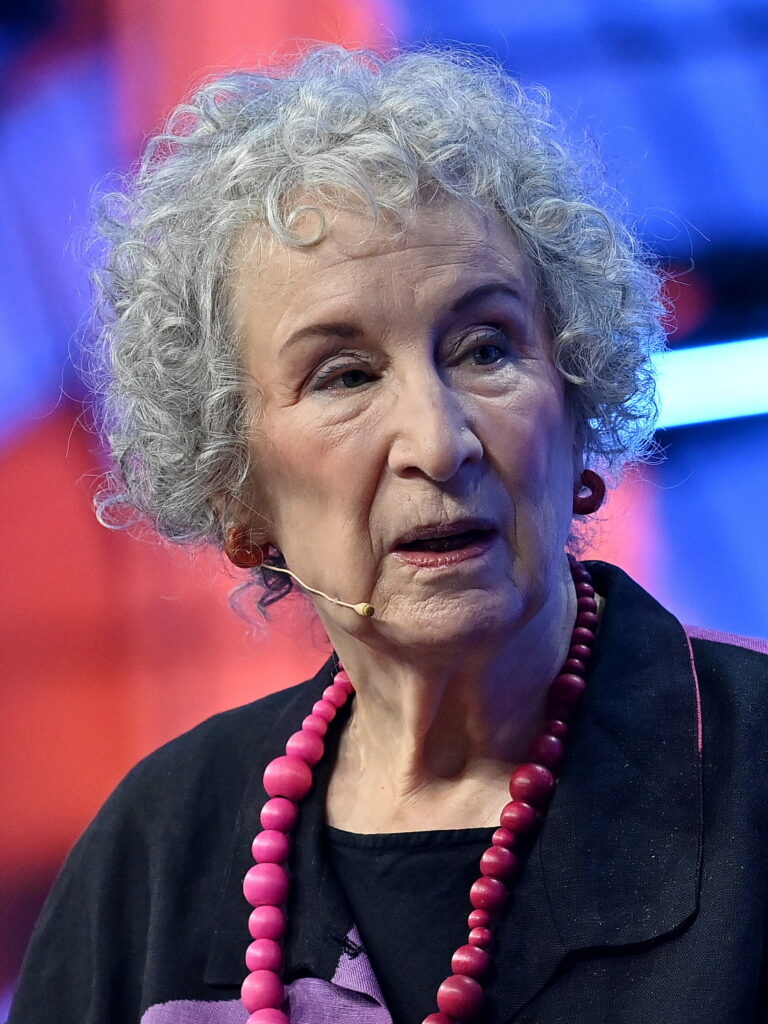A Historian of War: LGM Poetry Corner

I have never known Margaret Atwood’s The Loneliness of the Military Historian before seeing some folks discuss on Bluesky.
Despite the propaganda, there are no monsters,
or none that can be finally buried.
Finish one off, and circumstances
and the radio create another.
Believe me: whole armies have prayed fervently
to God all night and meant it,
and been slaughtered anyway.
Brutality wins frequently,
and large outcomes have turned on the invention
of a mechanical device, viz. radar.
True, valour sometimes counts for something,
as at Thermopylae. Sometimes being right—
though ultimate virtue, by agreed tradition,
is decided by the winner.
Sometimes men throw themselves on grenades
and burst like paper bags of guts
to save their comrades.
I can admire that.
But rats and cholera have won many wars.
Those, and potatoes,
or the absence of them.
It’s no use pinning all those medals
across the chests of the dead.
Impressive, but I know too much.
Grand exploits merely depress me.
As someone who studied security at a time when it was viewed askance in political science to professionally study security (I kid you not that smart graduate students said to my face in words in the English language “war? why would anyone bother to study that anymore?” and barely bothered to conceal the view that “he must study war because he thinks war is cool. How adolescent. How immoral.”) it rather spoke to me, although it’s clear that the subject is intended to be female, which adds another layer of alienation between the writer and the matter. Ah, the 1990s… I think it’s the experience of the 1990s that makes so much of what we’re looking at now fundamentally unintelligible for Gen Xers; questions not only of war but also of democracy and authoritarianism seemed altogether settled. Anyway, here’s a nice analysis of the poem. And here’s another.
Photo Credit: By Collision Conf – PO1_7718, CC BY 2.0, https://commons.wikimedia.org/w/index.php?curid=155285789


